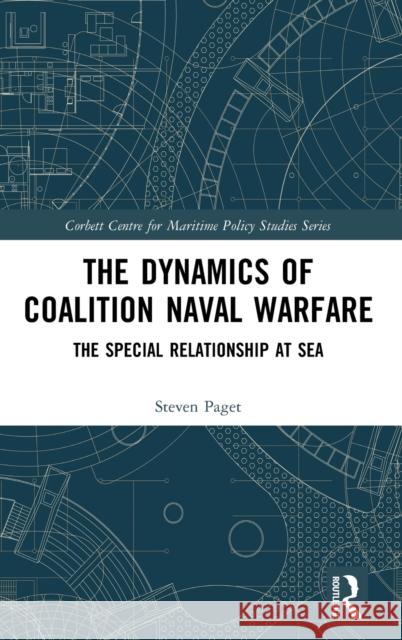The Dynamics of Coalition Naval Warfare: The Special Relationship at Sea » książka
The Dynamics of Coalition Naval Warfare: The Special Relationship at Sea
ISBN-13: 9781472475039 / Angielski / Twarda / 2017 / 282 str.
Since the end of the Second World War, few nations possess the capacity for large scale, sustained and independent naval operations; and even those that do - such as the USA - often find it politically expedient to act in consort with allies. As such coalition naval warfare increasingly became the norm throughout the twentieth-century, and shows no sign of abating in the twenty-first. Such coalitions, however, do bring their own problems as different national navies, each with their own distinct equipment, philosophies and doctrines, attempt to work within a single command structure. Taking the examples of the US, British and Australian navies, this book explores the challenges of 'interoperability', using historical case-studies to highlight problems that arose and the solutions that were employed to overcome them. Examining the dynamics of coalition operations involving the Royal Navy (RN), Royal Australian Navy (RAN) and the United States Navy (USN) during the Korean War, Vietnam War and the 2003 Iraq War, it provides a broad overview of naval interoperability between the three navies. Using the naval gunfire support (NGS) capability as a lens through which to analyse operations, the study explores a diverse range of issues, including: command and control, communications, equipment standardisation, intelligence, logistics, planning, rules of engagement, tactics, techniques & procedures and training. Approaching the subject through both historical and contemporary perspectives, not only provides a unique assessment of the variation in the effectiveness of interoperability over time, but also offers a platform for better understanding and enhancing the performance of future coalition naval operations.











